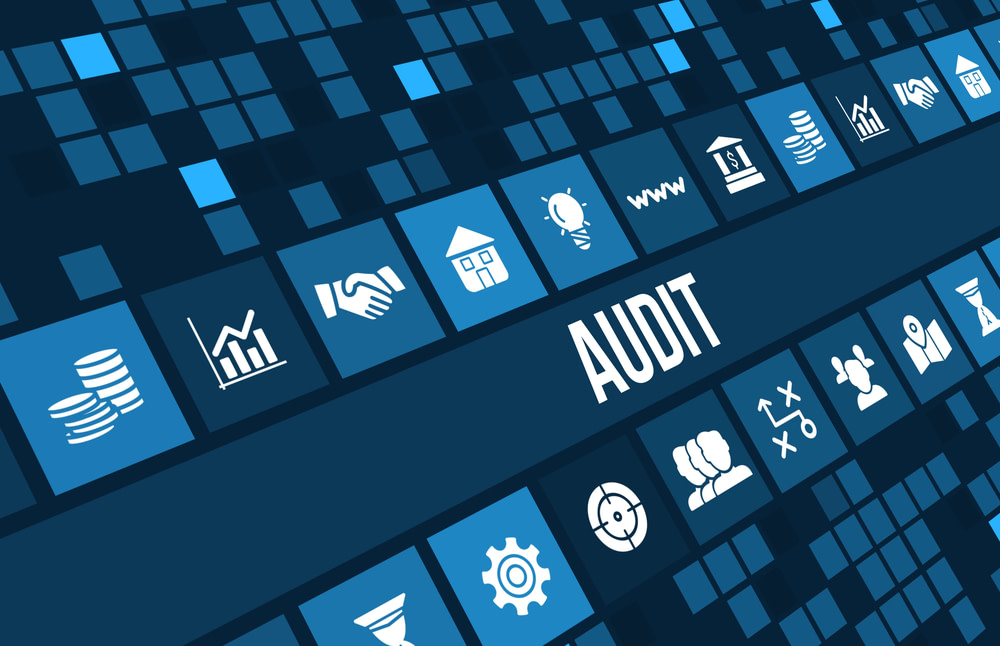PCI compliance is a fact of life for businesses that process card transactions. In 2021, 93% of American adults had debit cards, and 82% had credit cards, highlighting the growing prevalence of cashless payments. So what does this mean for companies in the modern era? Learn more about PCI level 4 standards and how organizations can protect cardholder data in an increasingly digital world.
What Is PCI Level 4 Compliance?

PCI compliance level 4 is the lowest PCI DSS classification. It applies to small businesses that process fewer than 20,000 e-commerce transactions annually or up to 1 million total transactions of any kind, including online and in-store, in a year.
To achieve compliance with this standard, businesses must adhere to certain security guidelines designed to reduce the risk of data breaches. Though level 4 requirements are not as rigorous as PCI level 1 and level 2—and even 3—, they still require robust safety controls and ongoing monitoring.
Businesses that fall within the scope of PCI compliance level 4 should not make the mistake of thinking that, since they process a limited number of transactions, their data is safe and good to go. Breaches can happen just as easily for these companies, and being on guard is crucial.
PCI Level 4 Requirements

The requirements for PCI compliance level 4 are similar to those for higher standards, but with a few important distinctions. Here’s an overview of some of the key requirements and what businesses must do to meet them.
Create a Strategy To Protect Cardholder Data
The first step in achieving compliance is to develop an overarching framework for securing cardholder data. Like other businesses, level 4 merchants must use strong cryptographic methods for managing this data across open networks.
Good plans include access control measures to ensure only authorized parties can see sensitive information. Higher levels of compliance often require more extensive encryption protocols, but the underlying principles remain the same for level 4.
Fortify Your Network
Paramount to PCI compliance is securing your systems and network. One of the best ways to do so is by installing and maintaining a firewall configuration. Firewalls protect data from untrusted external networks. They should be regularly updated to address new and emerging threats.
Manage Vulnerabilities
There are a number of ways businesses can address system vulnerabilities, and it’s really a matter of knowing your company operations and where your greatest areas of risk lie. For example, if your system is prone to viruses, you might focus on anti-virus software.
According to research by the Ponemon Institute, 60% of data breaches can be prevented by applying patches for known vulnerabilities. Needless to say, it’s in your best interest to patch up as soon as possible and as often as necessary.
Implement the “Need-to-Know” Rule
Access controls are an integral part of any strong compliance plan. These should be aligned with the need-to-know principle, which states that only those who absolutely need to know certain information should have access to it.
Put simply, cardholder data should be available to those whose job duties demand it, and no one else. Limiting access to private data is one of the best ways to prevent breaches and stay compliant with PCI level 4.
Protect Systems From Social Engineering and Insider Threats
Some companies brush off minor social engineering attacks, but this can be a costly mistake, as they’re often a precursor to large-scale cyber attacks. For example, an employee may be tricked into sharing their username and password, and the cybercriminal could then use those credentials to release ransomware on the network.
Insider threats are just as dangerous, if not more so. Businesses can avoid these types of threats by implementing thorough background checks and monitoring employee activities. Creating a culture of security awareness is key to maintaining PCI compliance.
Demonstrating PCI Level 4 Compliance
Having the right measures in place is the first step in demonstrating level 4 compliance, but you still need to undergo certain tests and assessments to prove that those measures actually work as intended.
Self-Assessment Questionnaire
Level 4 merchants are required to complete an SAQ each year. This helps evaluate their compliance with PCI DSS requirements. SAQ A or B applies to most level 4 merchants and covers fundamental security measures.
Network Scanning
Merchants must also complete quarterly network vulnerability scans by an Approved Scanning Vendor (ASV). These scans help identify and rectify vulnerabilities in the merchant’s external-facing infrastructure.
Security Policies
As is the case with all levels of PCI compliance, PCI level 4 merchants need to establish and maintain good security policies. Such policies should address everything from data retention to incident response.
How Does Level 4 Risk Assessment and Auditing Work?

Risk assessment for PCI compliance level 4 involves several steps. The process typically includes threat identification, vulnerability analysis, and mitigation. Level 4 merchants are not required to undergo auditing by a Qualified Security Assessor (QSA), but they need to be honest and thorough in their SAQ responses.
Tips for Passing an Assessment
If you’re due for a PCI level 4 assessment, don’t panic. By following a few helpful tips, you can pass with flying colors.
- Complete Your SAQ: First things first, make sure you complete the right SAQ for your business. Fill it out with as much detail as you can, honestly assessing your company’s performance in key areas.
- Check for Vulnerabilities: Assessment or not, you should be scanning for vulnerabilities on a regular—usually quarterly—basis. That way, you can quickly spot and address any issues that need attention.
- Train Your Employees: Education is critical when it comes to PCI compliance. Be sure to train your employees on proper procedures and best practices.
If worst comes to worst and you do end up failing an assessment or audit, know that you can always improve and do better the next time around. It may take some trial and error to get things right, even at a lower level of compliance.
Achieve PCI Level 4 Compliance With Compyl
While complying with PCI standards is often easier said than done, having a team of experts at your side can make all the difference in the world. Compyl helps businesses streamline PCI compliance and stay on track to pass all required assessments. To see how we can help you achieve PCI level 4 compliance, request a demo today.



